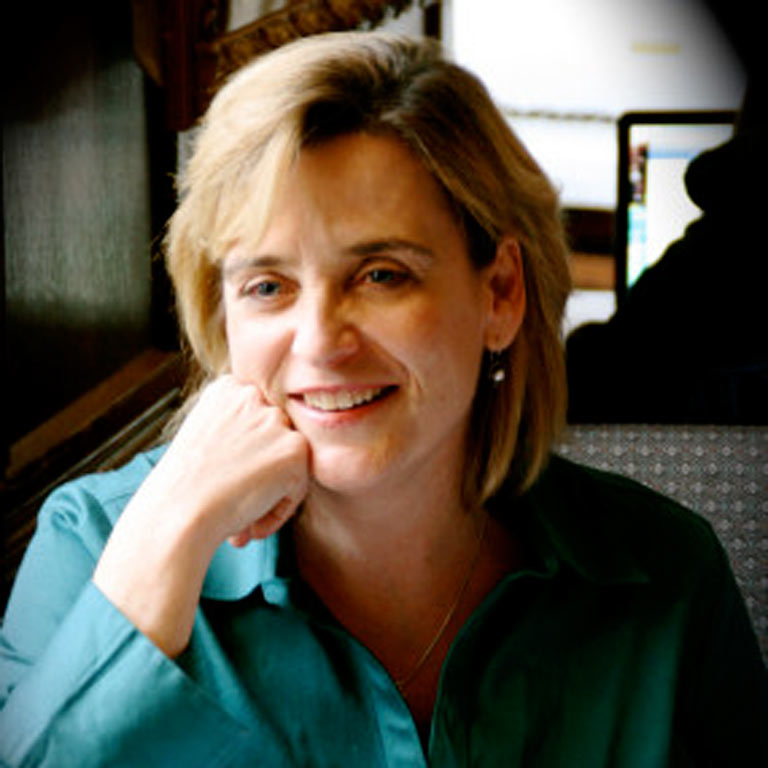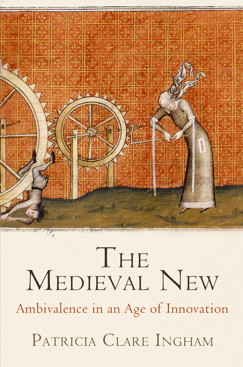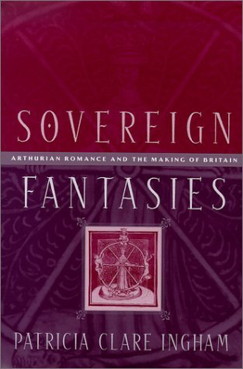As Professor of English and Medieval Studies, and an affiliate in the department of Religion, my scholarly work assesses the reach and limits of the imagination, both during the Middle Ages and in the ways we have come to think about the medieval period as a whole. My persistent focus has been on the relation of the imagination to literary, philosophical, and historical trends. This explicitly interdisciplinary approach results, in part, from my somewhat unusual interdisciplinary training (I have degrees in History, Theology, and English). But it also stems from a concern with scholarly method, and an according interest in the limitations of most accounts of historical periodization.
I have just published a new book, The Medieval New: Ambivalence in an Age of Innovation (Philadelphia: University of Pennsylvania Press, 2015), a study of the surprising preoccupation with newness and novelty in literary, scientific, and religious discourses of the twelfth through sixteenth centuries. In The Medieval New, I analyze what I see as an ethical ambivalence with which medieval thinkers approached the category of the new. This new history, moreover, can call into question some present-day assumptions about newness, thus demonstrating the relevance of the Middle Ages to today’s most pressing questions. I also serve as one of the editors for Exemplaria, Medieval / Early Modern / Theory, the author of Sovereign Fantasies: Arthurian Romance and the Making of Britain (University of Pennsylvania), and co-editor of Postcolonial Moves, Medieval Through Modern (Palgrave). I have published on a range of topics, including Chaucer, medieval romance, historiography, and psychoanalytic, postcolonial, and gender theories.



 The College of Arts
The College of Arts